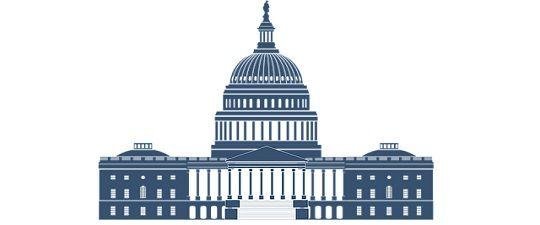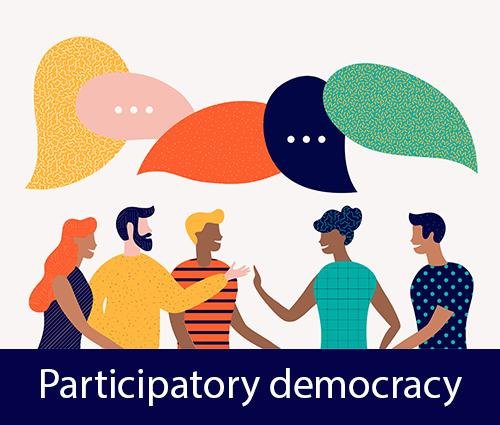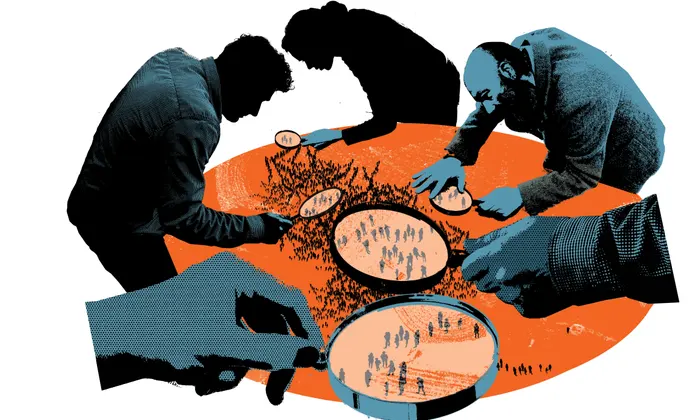Presidential versus Parliamentary
Presidential versus Parliamentary Democracy
Presidential and parliamentary democracies are two distinct forms of democratic governance, each with its own system of executive leadership and decision-making processes.
Both models aim to represent the will of the people, but they differ significantly in their structures and functioning.

Presidential Democracy:
In a presidential democracy, the executive also legislative branches of government are separate. The president, who is the head of state and government, is elected independently from the legislature and serves a fixed term.
The president has significant powers, including the authority to veto legislation, issue executive orders, also command the armed forces.
Advantages of Presidential Democracy:
One of the main advantages of presidential democracy is the clear separation of powers. This system provides a system of checks also balances, where the executive and legislative branches can act as a check on each other’s power.
Additionally, presidential democracies often provide more stability, as the president’s term is fixed and not subject to votes of confidence from the legislature.
Disadvantages of Presidential Democracy:
A potential drawback of presidential democracies is the potential for gridlock and political polarization. With separate executive and legislative branches, there can be clashes between the two, hindering the ability to pass legislation also implement policies effectively.
Parliamentary Democracy:
In a parliamentary democracy, the executive branch comes from the legislature. The head of government (prime minister) is typically the leader of the majority party in the parliament. The head of state (monarch or ceremonial president) is separate from the executive and has a largely ceremonial role.
Advantages of Parliamentary Democracy:
Parliamentary democracies often offer greater flexibility in forming governments also passing legislation. The close alignment between the executive also legislative branches leads to quicker decision-making and policy implementation.
If a government loses the majority support in parliament, it can trigger new elections, allowing for a swift response to changing political dynamics.
Disadvantages of Parliamentary Democracy:
A potential disadvantage of parliamentary democracies is the concentration of power in the hands of the majority party or coalition. This can limit minority parties’ influence and result in decisions made without broad consensus.
Conclusion
Presidential and parliamentary democracies represent different models of democratic governance, each with its own strengths and weaknesses. The choice between the two systems depends on a country’s historical, cultural, also political context.
Both models have been successful in various countries, and each offers a unique approach to achieving democratic representation and governance. 온라인카지노



